Get To Know Our Farm Animals!
Our farm animals LOVE visitors so stop by and see for yourself!
We are set amidst a lush 16 acres, inclusive of a large, fully functioning farm that is home to longhorn cattle, goats, emu, alpaca, sheep, and more!
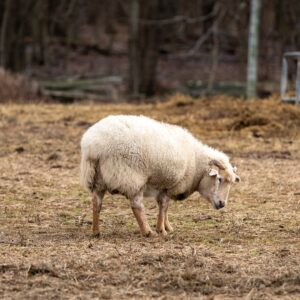
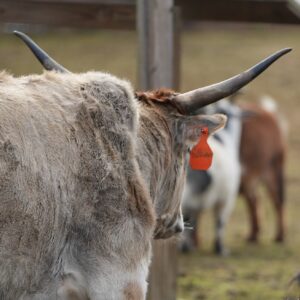

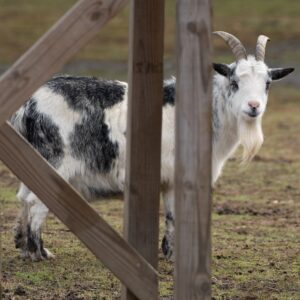

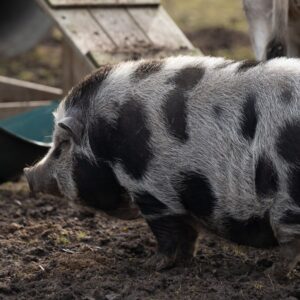

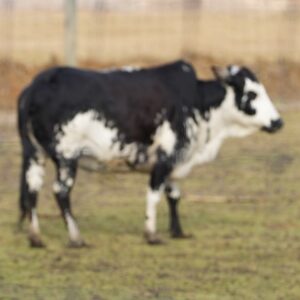

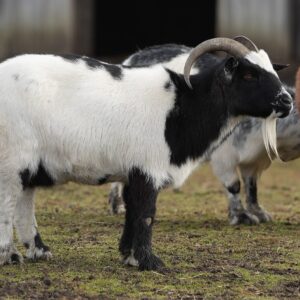

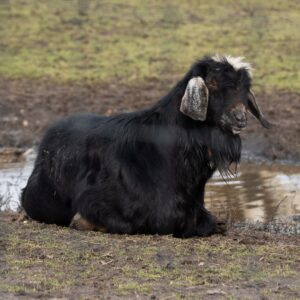

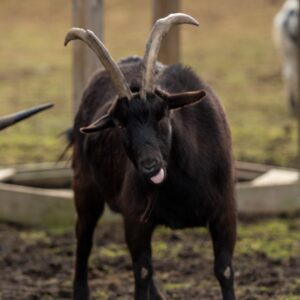

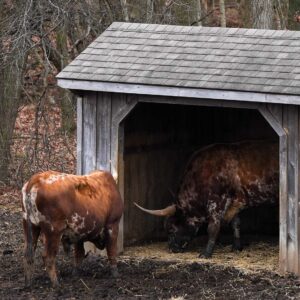

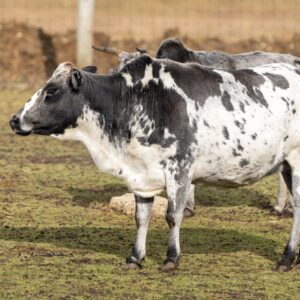

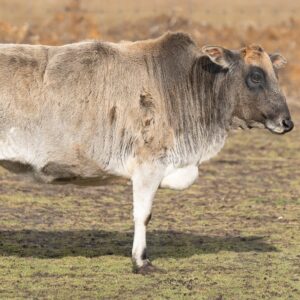

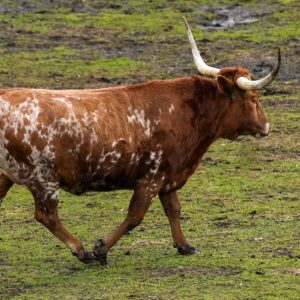

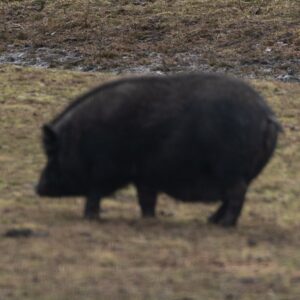

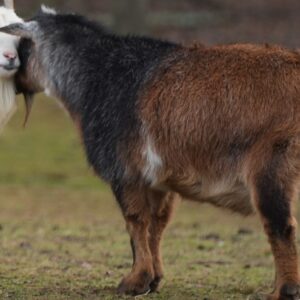

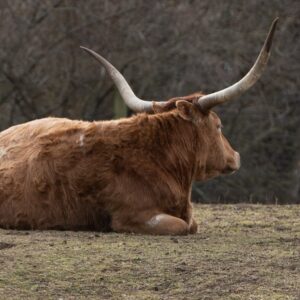

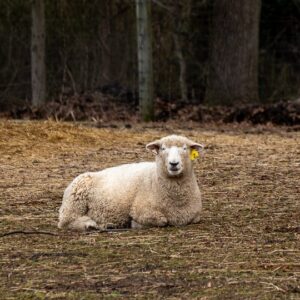

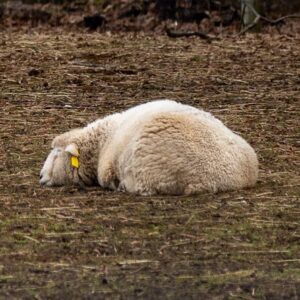

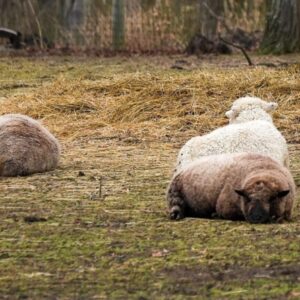

OUR ANIMALS
Pygmy Goats – A pygmy goat is a breed of miniature domestic goats. Pygmy goats tend to primarily be kept as pets, though also work well as milk producers and working animals. The pygmy goat is quite hardy, an asset in a wide variety of settings, and can adapt to virtually all climates.
Longhorn Cattle – Longhorn cattle are known for their characteristic horns, which can extend to 7 ft tip to tip for steers and exceptional cows, and 36 to 80 in tip to tip for bulls. Horns can have a slight upward turn at their tips or even a triple twist. Longhorns are known for their diverse coloring. A longhorn can be any color or mix of colors, but dark red and white color mixes are the most dominant. Due to their innate gentle disposition and intelligence, Longhorns are increasingly trained as riding steers.
Alpacas – An alpaca is a domesticated species of South American camelid. It resembles a small llama in appearance. There are two breeds of alpaca: the Suri alpaca and the Huacaya alpaca.
Pigs – A pig is any of the animals in the genus Sus; they are omnivores and are highly social and intelligent animals.
Chickens – The chicken is a domesticated fowl and one of the most common and widespread domestic animals in the world.
Ducks – Duck is the common name for a large number of species in the Anatidae family of birds, which also includes swans and geese. The common Duck is a mostly aquatic bird, smaller than swans and geese, and may be found in fresh water and seawater.
Horses – The horse has evolved over the past 45 to 55 million years from a small multi-toed creature into the large, single-toed animal of today. Humans began to domesticate horses around 4000 BC, and their domestication is believed to have been widespread by 3000 BC. There is an extensive, specialized vocabulary used to describe equine-related concepts, covering everything from anatomy to life stages, size, colors, markings, breeds, locomotion, and behavior.
Sheep – Sheep are quadrupedal, ruminant mammals typically kept as livestock. Numbering a little over one billion, domestic sheep are also the most numerous species of sheep. An adult female sheep is referred to as a ewe, a male generally as a ram, and a younger sheep as a lamb.
Emu – These Australian birds have tiny, mostly useless wings, but their long legs are very powerful. They can travel at a fast trot for quite a distance and can sprint at 30 miles per hour. Their strong legs also allow the bird to jump 7 feet straight up. Add good eyesight and amazing agility, and emus can escape most any trouble!
WHAT TO FEED OUR ANIMALS
Our animals are on a special diet! Please only feed our farm animals the following:


Pellets from our dispenser


Carrots (small pieces)
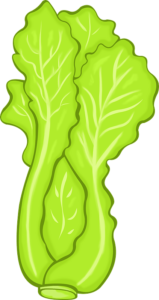

Lettuce
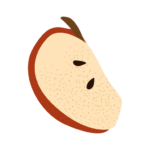

Apple slices (no seeds)
Caution: DO NOT HAND-FEED, ANIMALS CAN BITE
PARKING
When visiting our farm please park along the driveway! This helps us to leave the numbered spots open to clients.
CLASS TRIPS ARE AVAILABLE!
We welcome class trips, troops, and other groups to our hospital and farm from Spring – Fall!
In addition, to visit our farm on your own, we offer class trips! Our class trips include a presentation in our auditorium and a guided tour of our hospital and farm.
If you are interested in scheduling a tour or would like to request a speaker, please CLICK HERE.
Tours are a great way for us to raise funds in support of our 501c3 organization, The EMPATH Project.
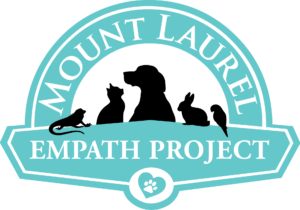
Every year across the nation, thousands of pets are euthanized because they have suffered an accident, injury or illness requiring costly emergency care. THE EMPATH PROJECT seeks to alleviate this heartbreaking decision by aiding pet owners to help offset the financial burden of emergency care when the pet has a favorable outcome.
THE EMPATH PROJECT is based on the belief that the place of loving, cherished animals in families should never be threatened by concerns over the cost of unforeseen veterinary care. With the help of this project, eligible pet owners can gain access to a charitable gift that will help them cope with the unexpected financial burden associated with their pet’s care at our hospital.
You can learn about some of the pets whose lives were saved thanks to this fund by visiting our website! CLICK HERE
